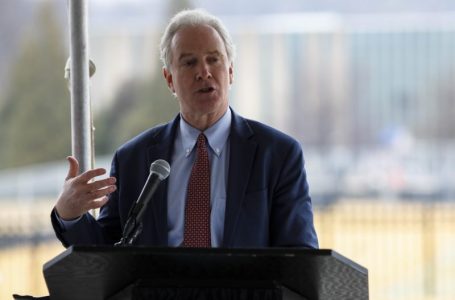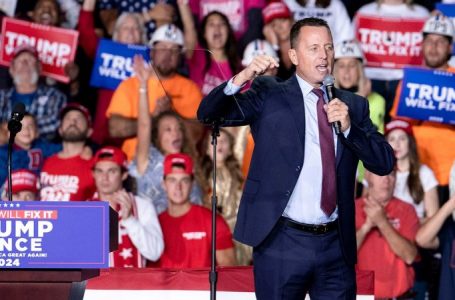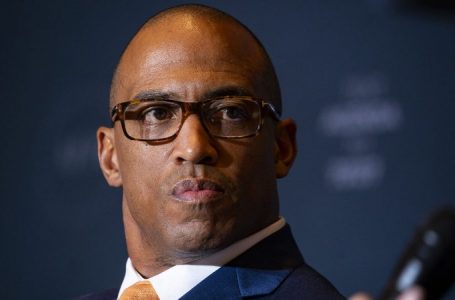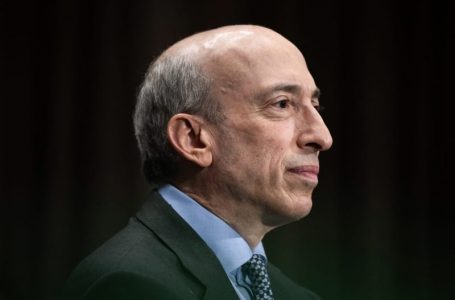Blinken questioned for State Department hosting in-house therapy sessions after Trump win
Sam Bankman-Fried Trial: Recap, Legal Analysis, and What’s to Come
The trial of Sam Bankman-Fried, the CEO of the company FTX Crypto, recently concluded in a Hong Kong court. Bankman-Fried was accused of placing orders on the exchange that amounted to manipulation of the digital asset market. After reviewing the evidence presented in the trial, Bankman-Fried was acquitted of all charges.
For those unfamiliar with the case, Bankman-Fried had been charged with engaging in an activity known as “spoofing,” which is the use of timed orders throughout a market to create the illusion of supply and demand that ultimately leads to a desired price movement.
The trial took place over four days, with the defense presenting its case first. Bankman-Fried took the stand in his own defense and denied any intentional act of market manipulation. He also claimed that he had not received any warning or advice from FTX Crypto’s interns that such activity was illegal.
In addition to Bankman-Fried’s testimony, the defense presented a number of expert witnesses. The witnesses’ testimony focused on the nuances of the digital asset markets, and how it is difficult to distinguish real orders from orders placed by bots or other automated systems.
At the conclusion of the trial, the jury rendered a unanimous verdict in favor of Bankman-Fried. The jury determined that, in spite of the allegations, there was no clear proof of manipulation in or out of the exchange’s trading platforms.
The legal implications of this case are far-reaching. The case serves as a reminder to digital asset investors and exchanges alike that transparency is key in these tumultuous markets. It also demonstrates that, in spite of the volatility of the digital asset markets, the Hong Kong justice system is prepared to review each case on their own merits and not take the “one-size-fits-all” approach.
Ultimately, this case sends a strong message that prosecutors should not pursue market manipulation charges without clear evidence. Instead, public exchanges should focus on creating and enforcing rules that prevent seemingly manipulative behavior from occurring in the first place.
For Sam Bankman-Fried, this conclusion to the case allows him to return to doing what he does best: overseeing the development of the FTX Crypto exchange and innovating new methods of buy and selling digital assets.
What’s to come for Bankman-Fried in the near future remains to be seen, but it is clear that the verdict of the Hong Kong Justice System has, at least in the short-term, significantly alleviated the legal pressure on his shoulders.












